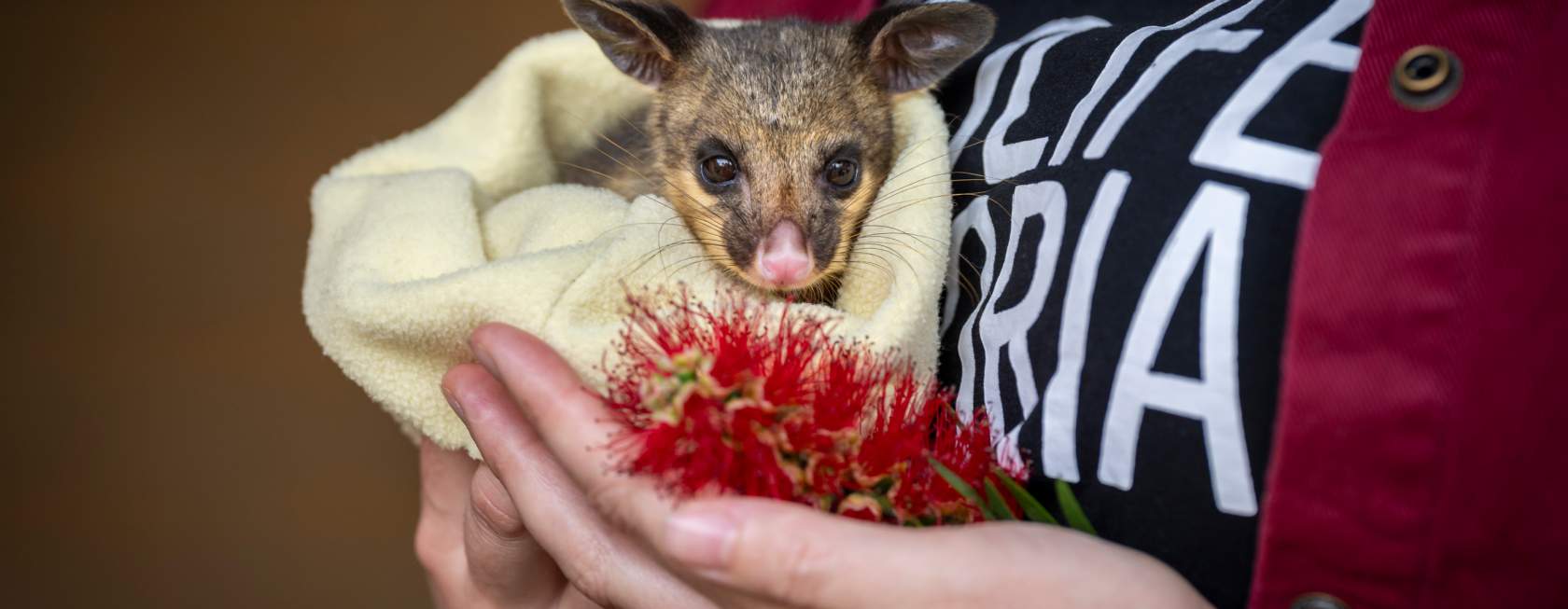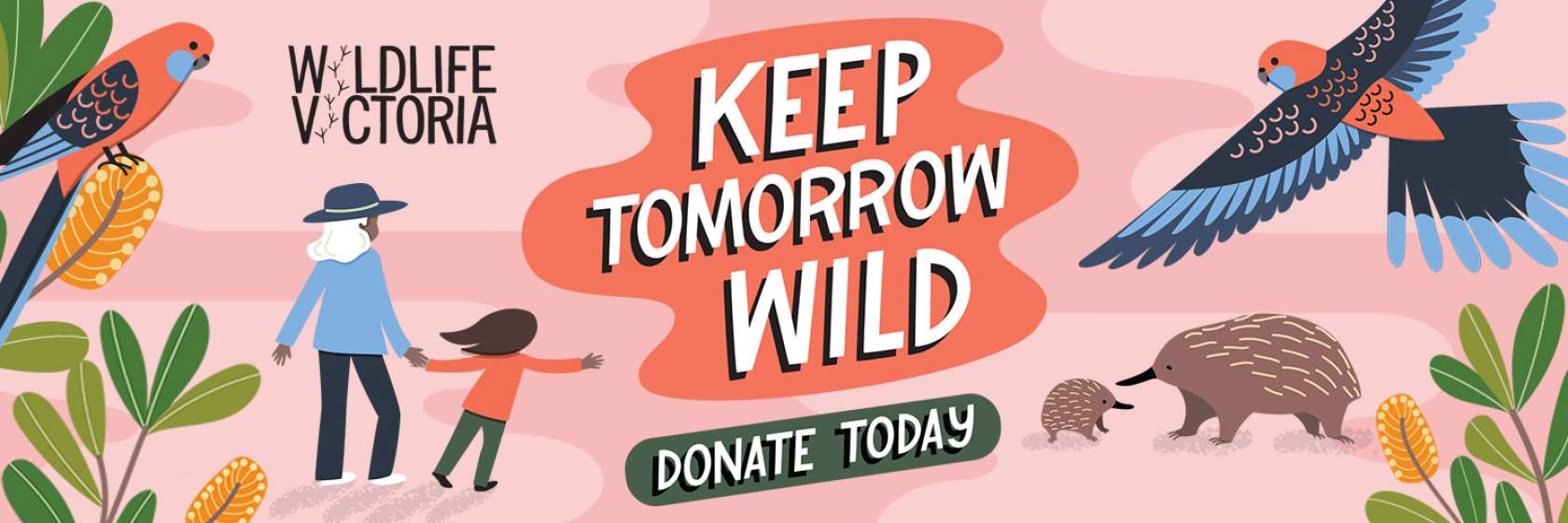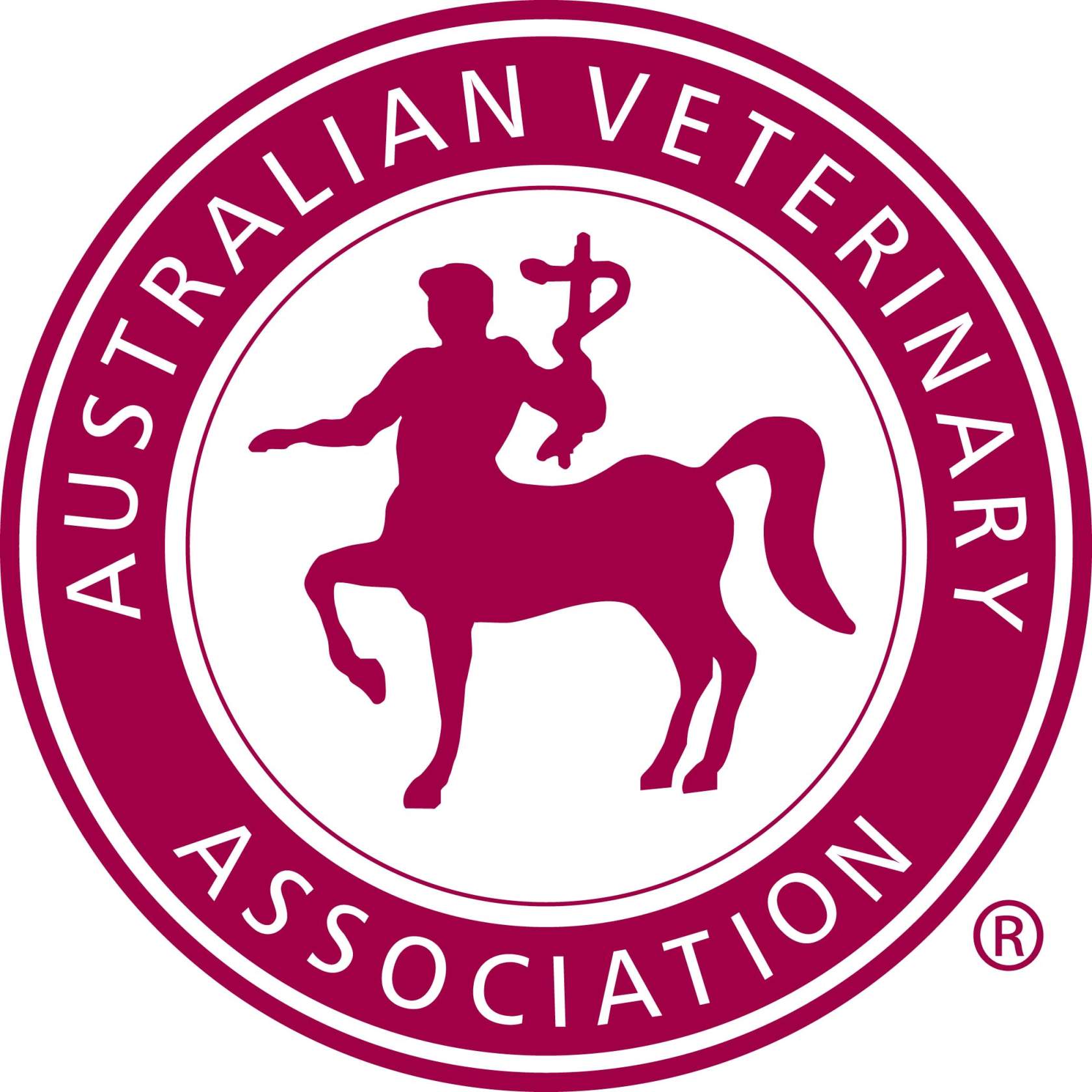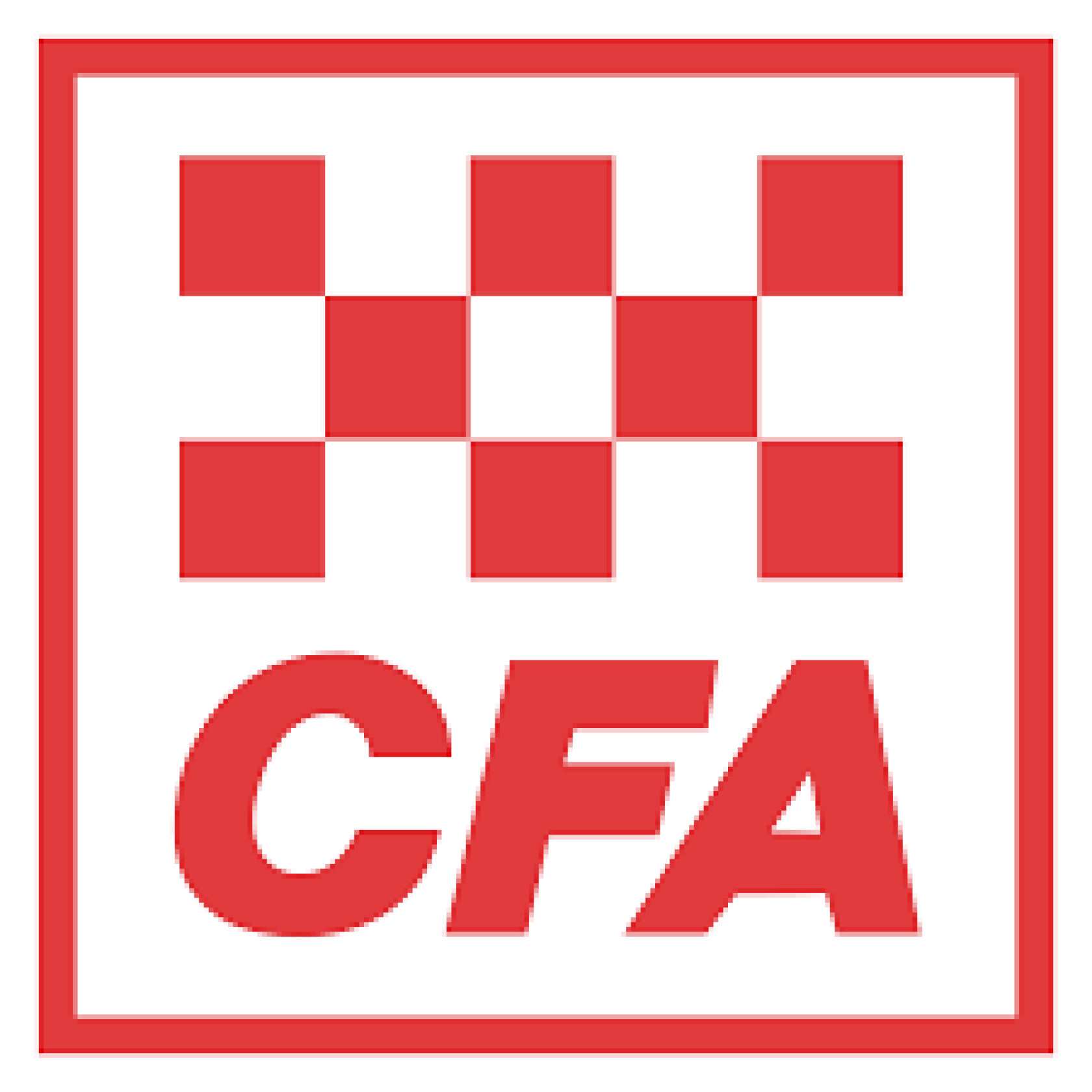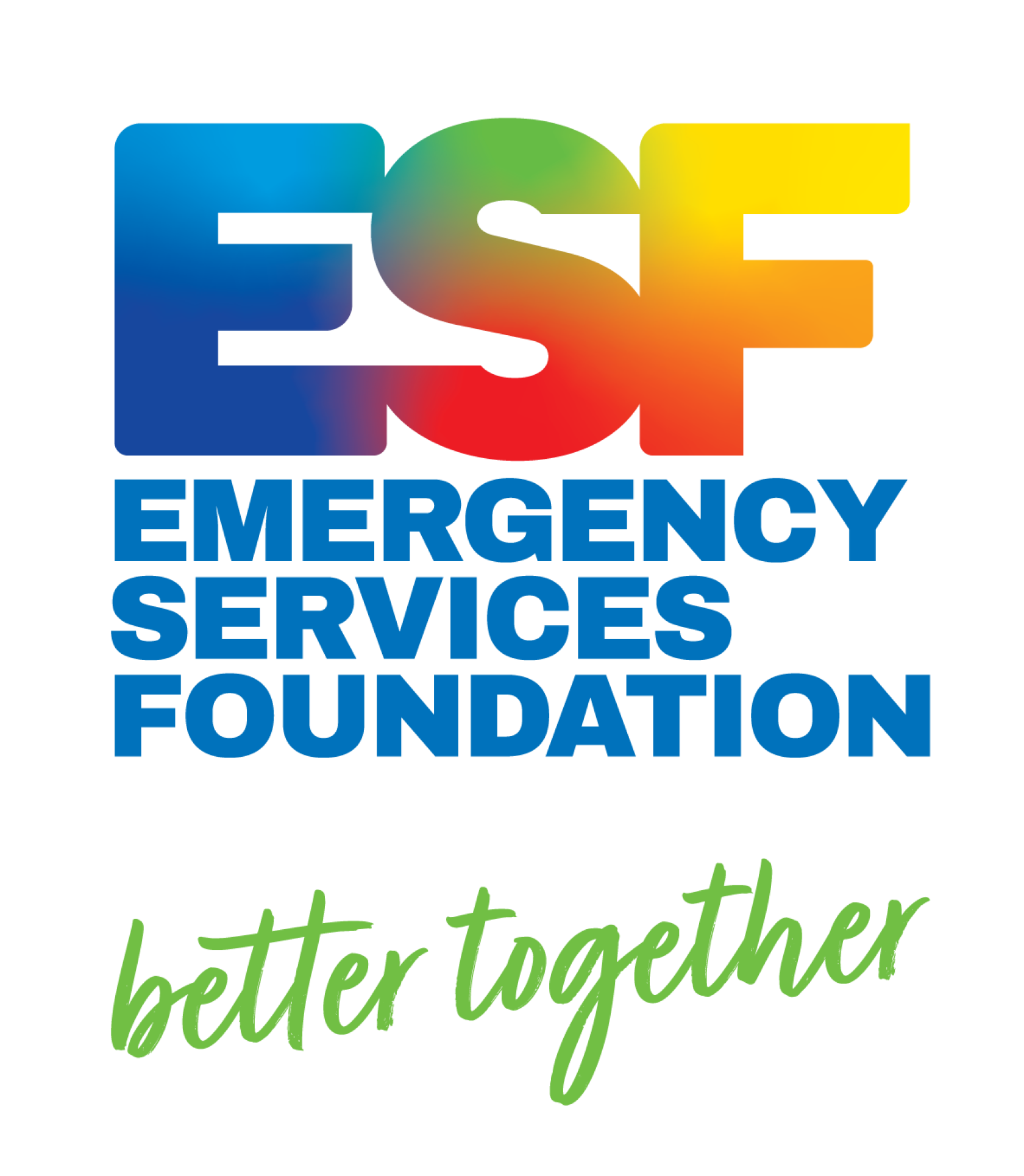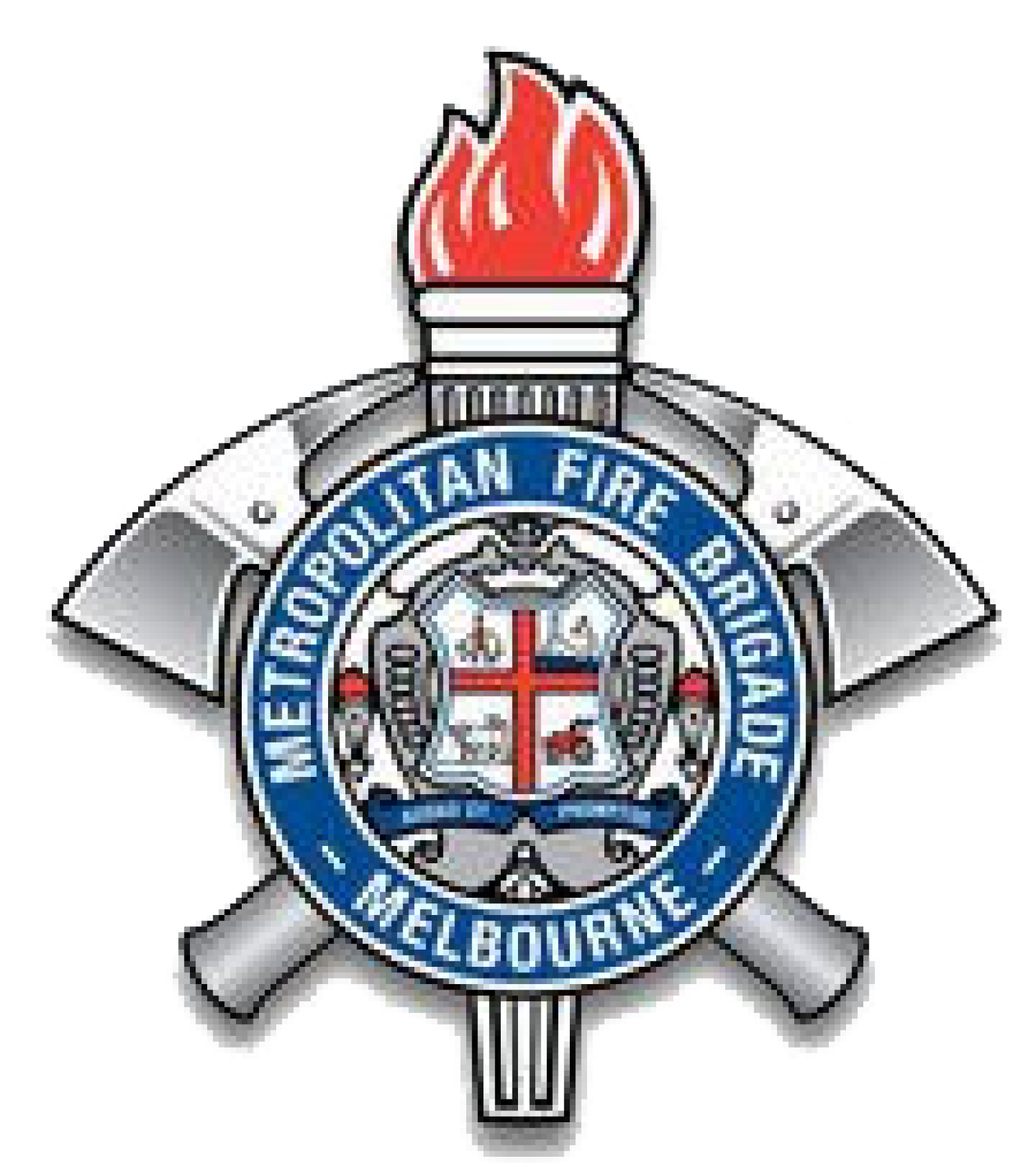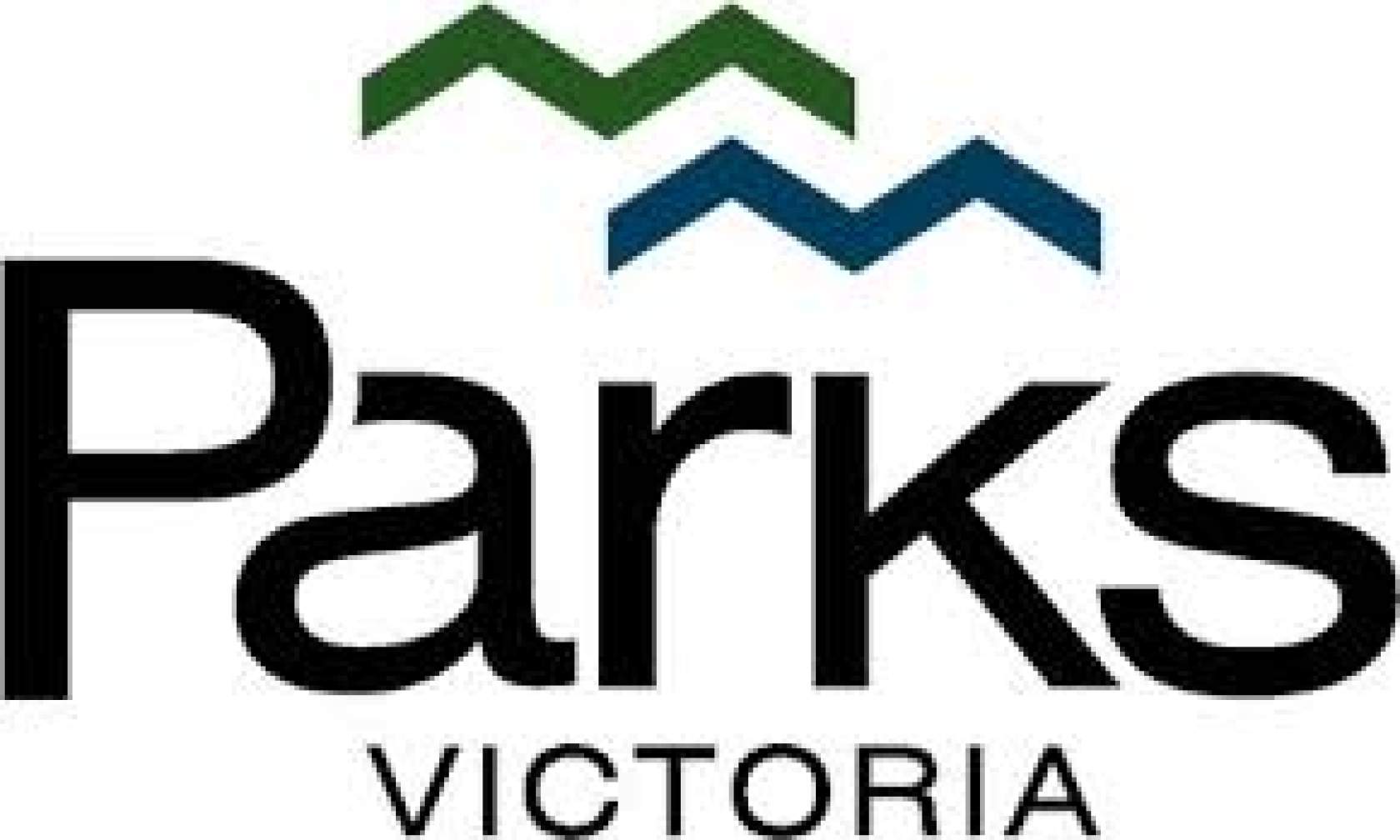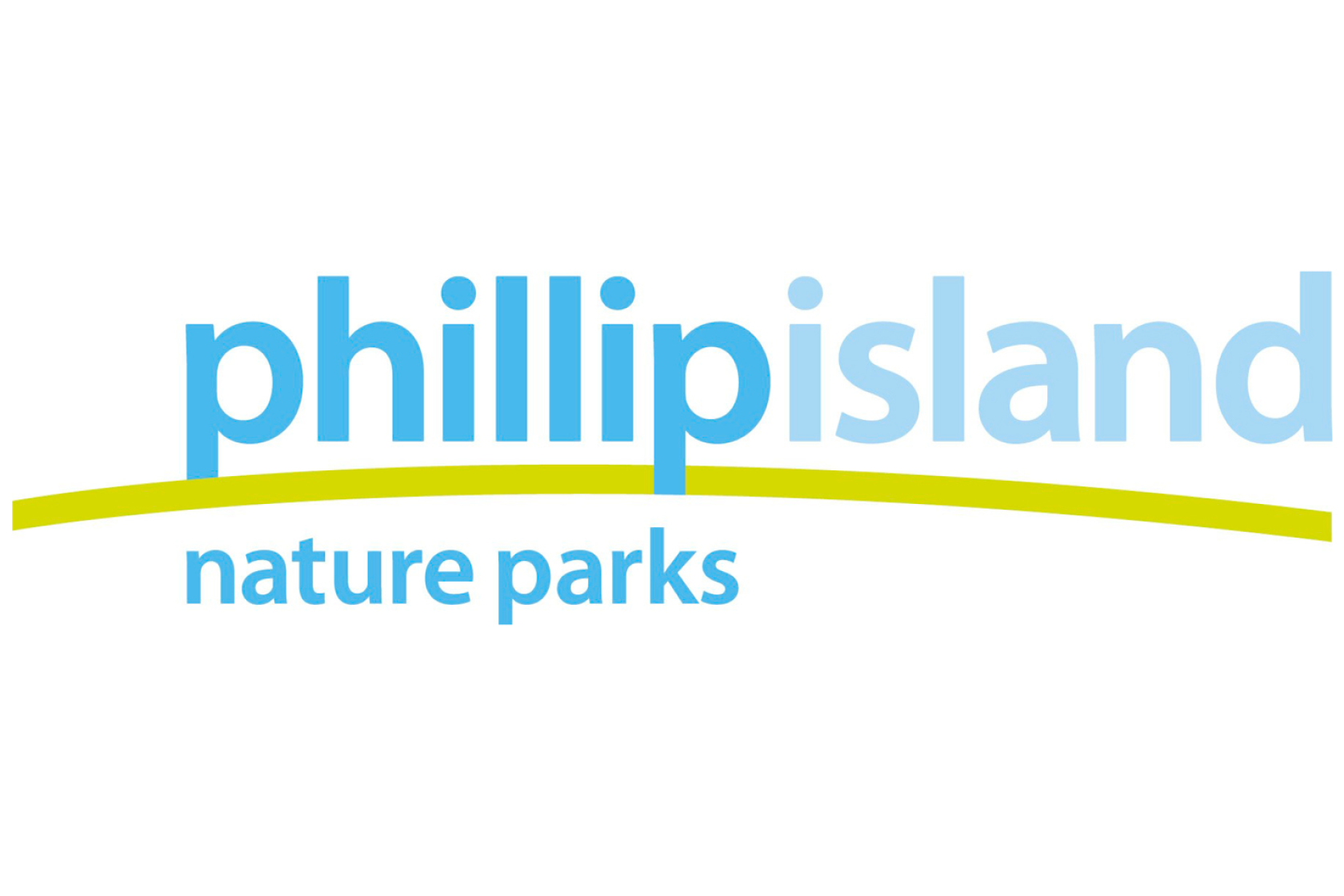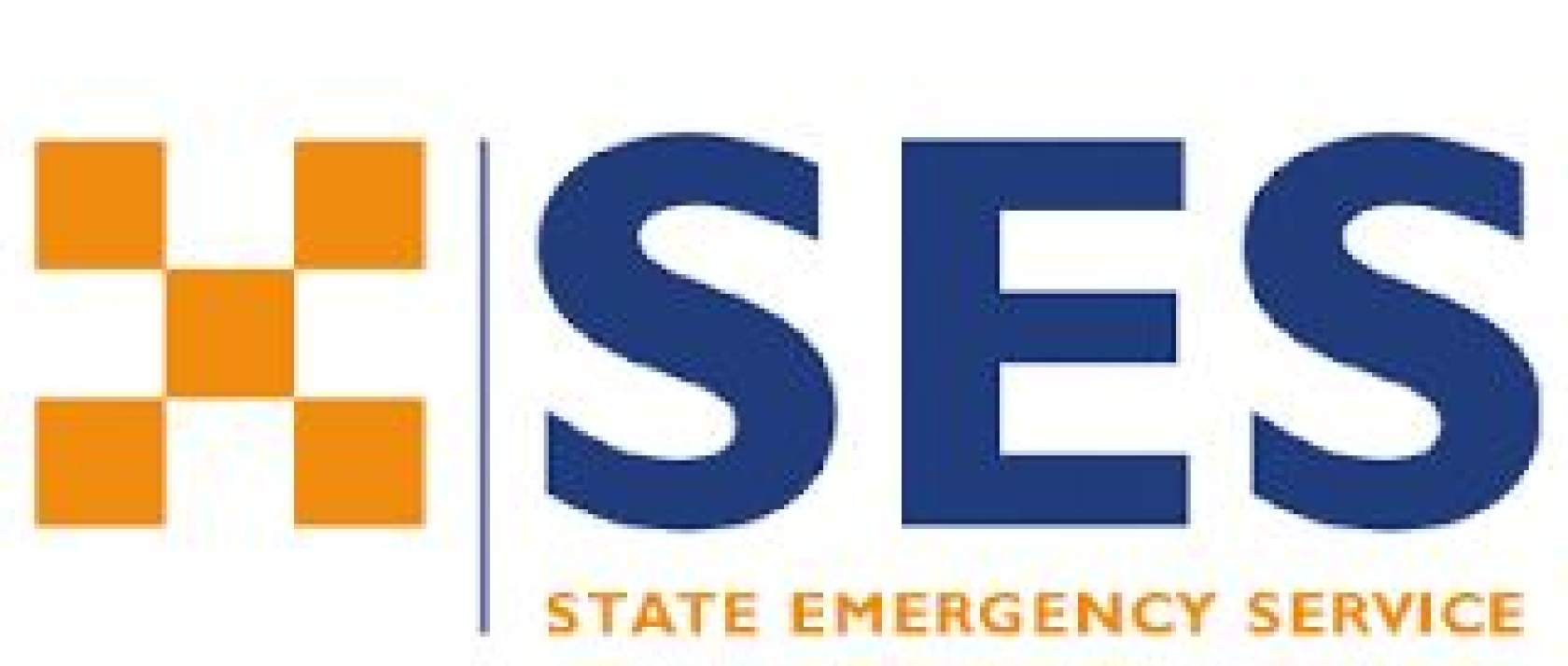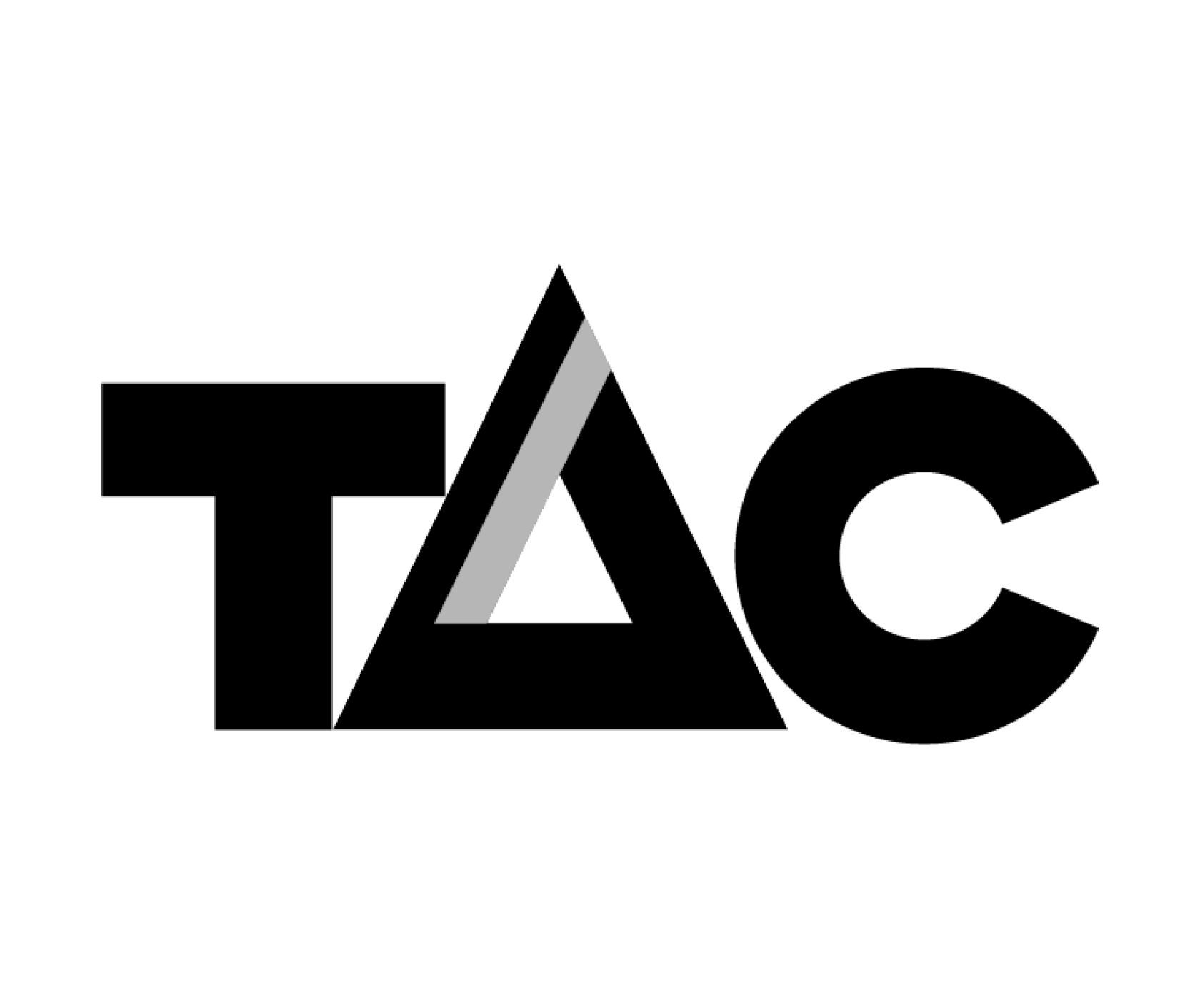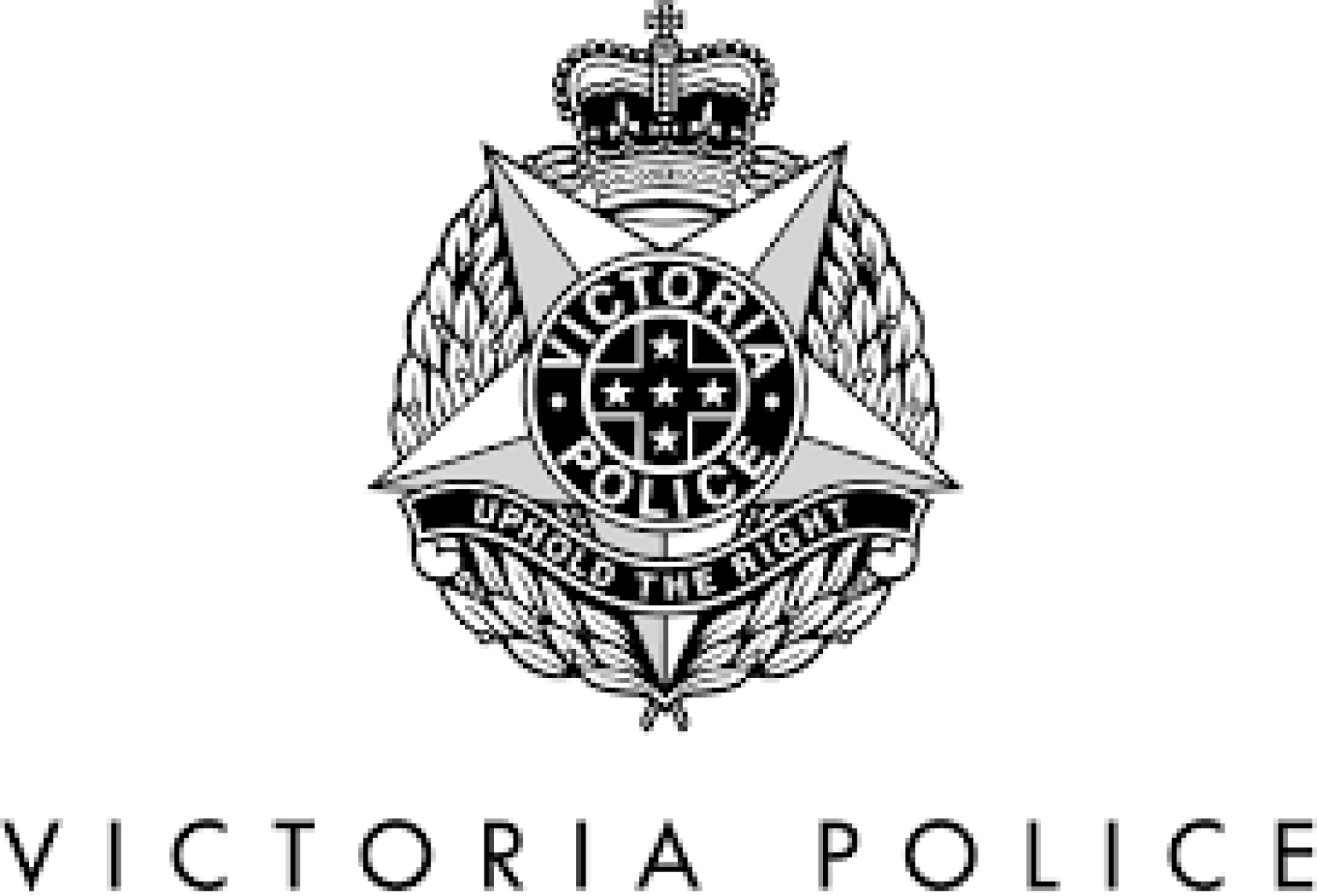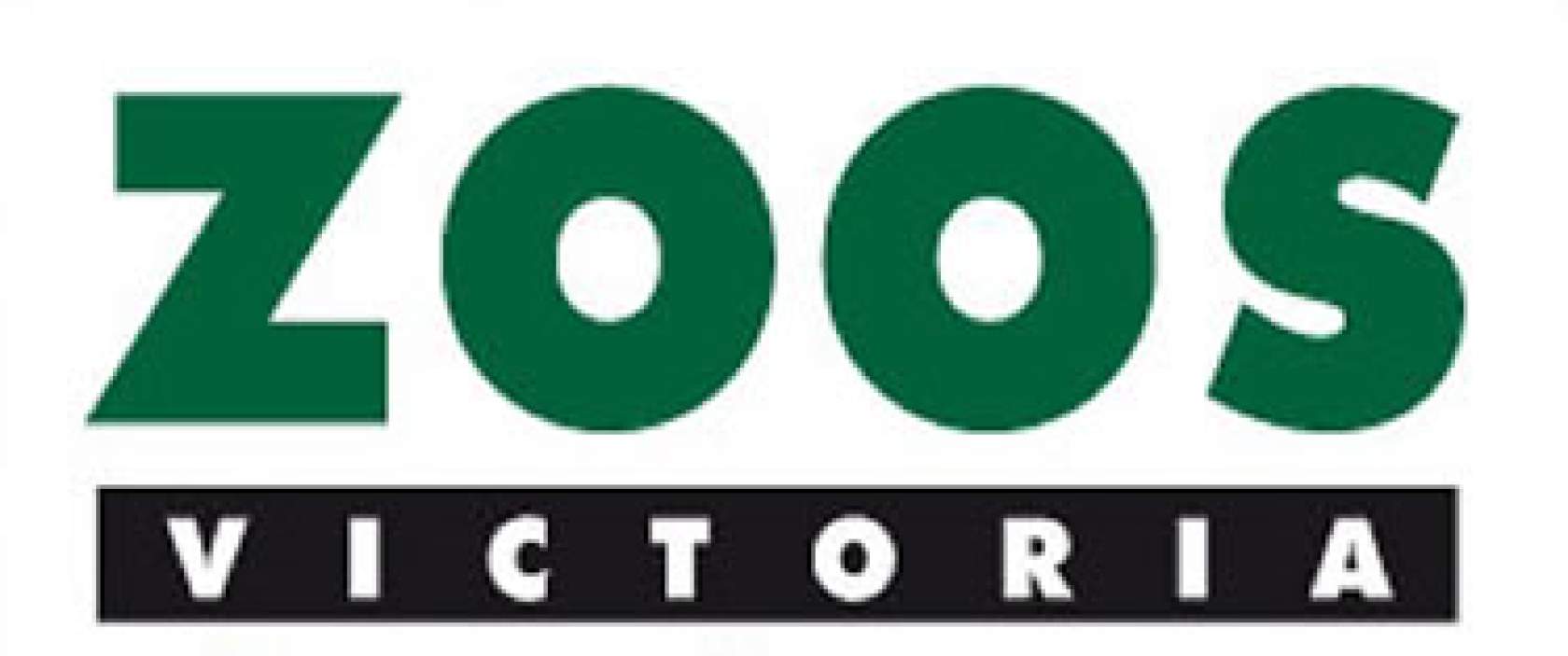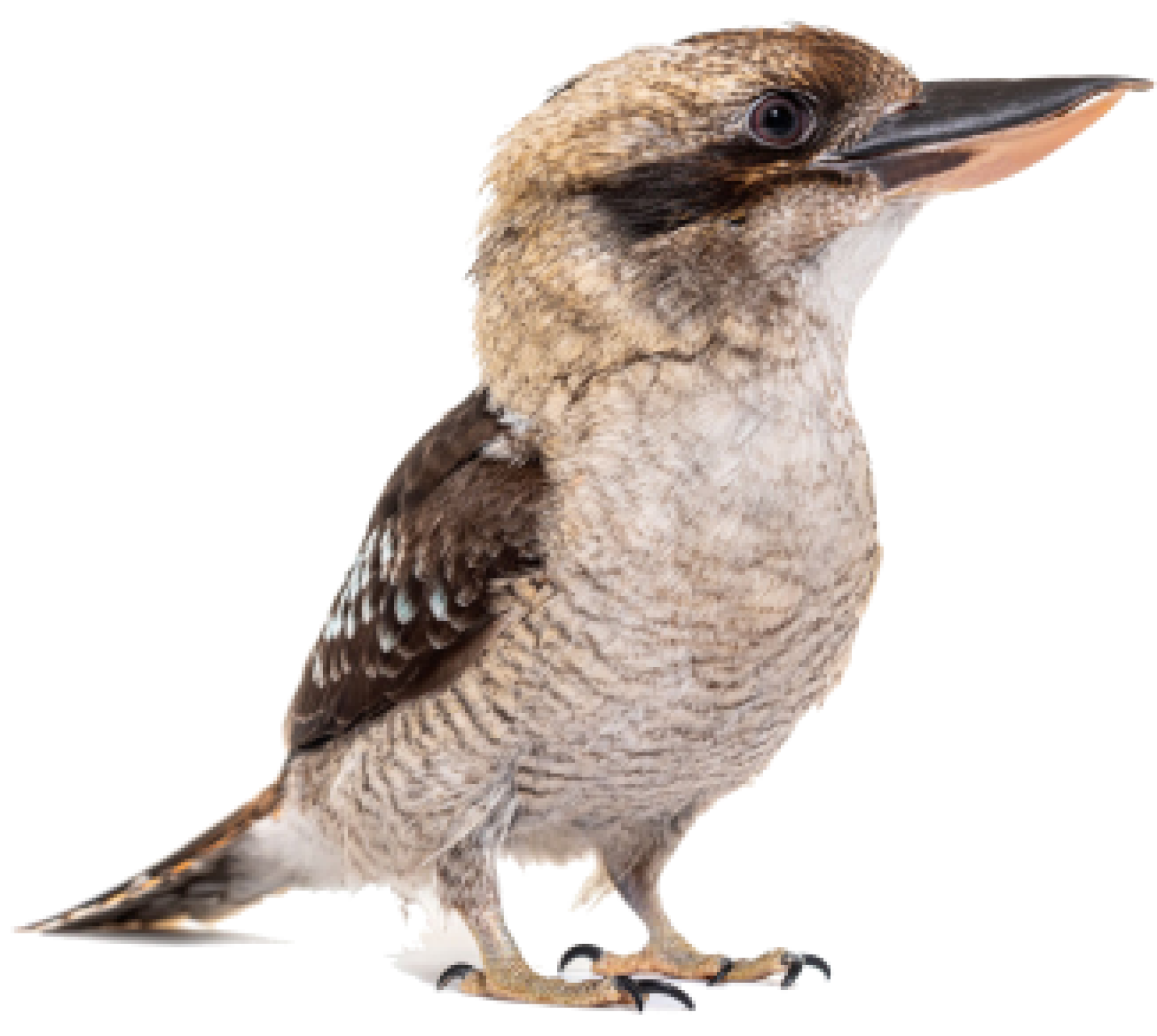
Wildlife Victoria is a non-profit charity that has operated an Australian wildlife rescue service in Victoria since 1989.
Members of the public can report incidents of sick, injured, or orphaned native animals found anywhere across the state to Wildlife Victoria’s 24/7 wildlife emergency response service on (03) 8400 7300 or by filling out the online reporting form.
This is a free service provided through the generous support of Wildlife Victoria donations.
You can help us continue our vital work rescuing and rehabilitating sick, injured and orphaned native animals by making a donation today.
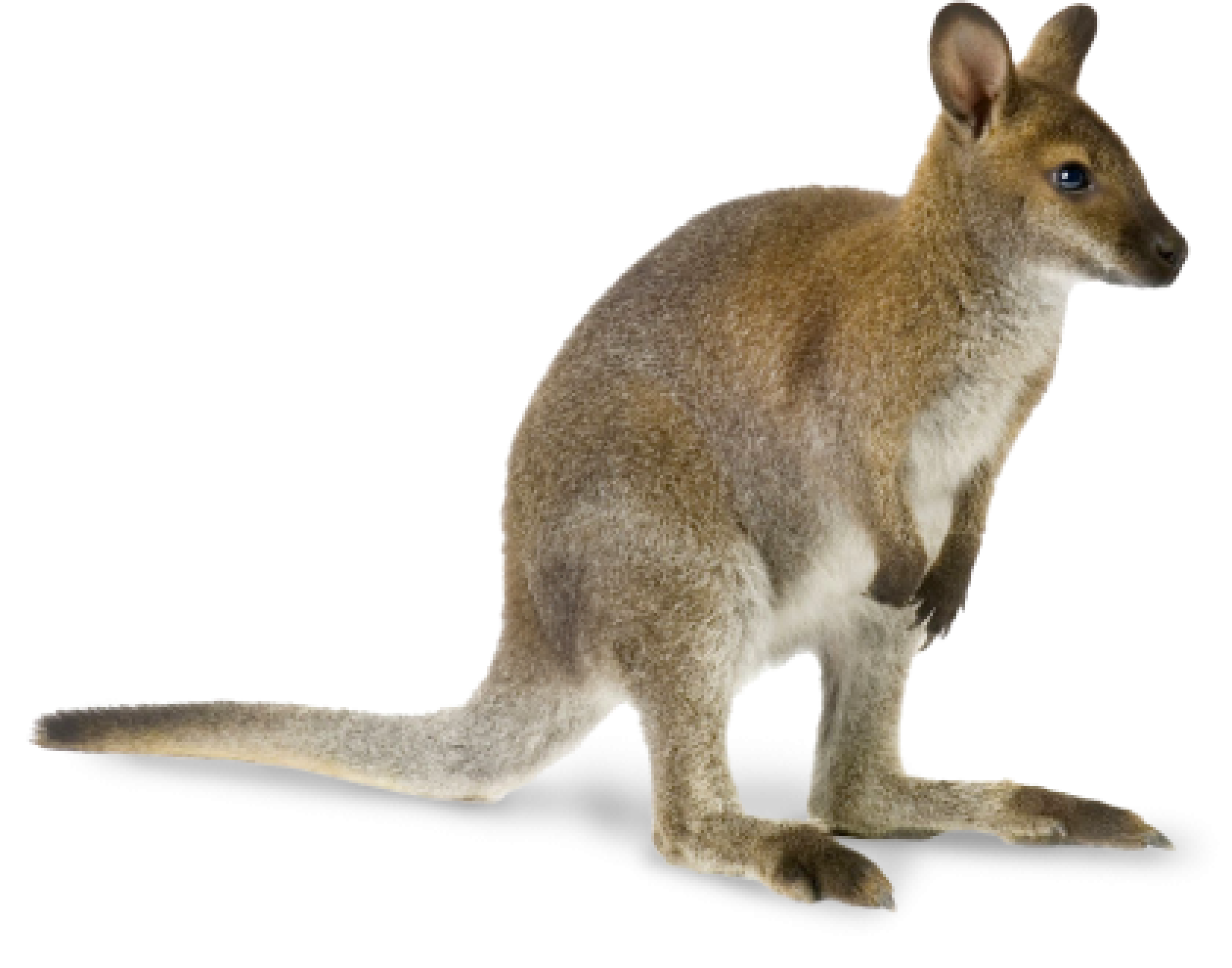
Latest News
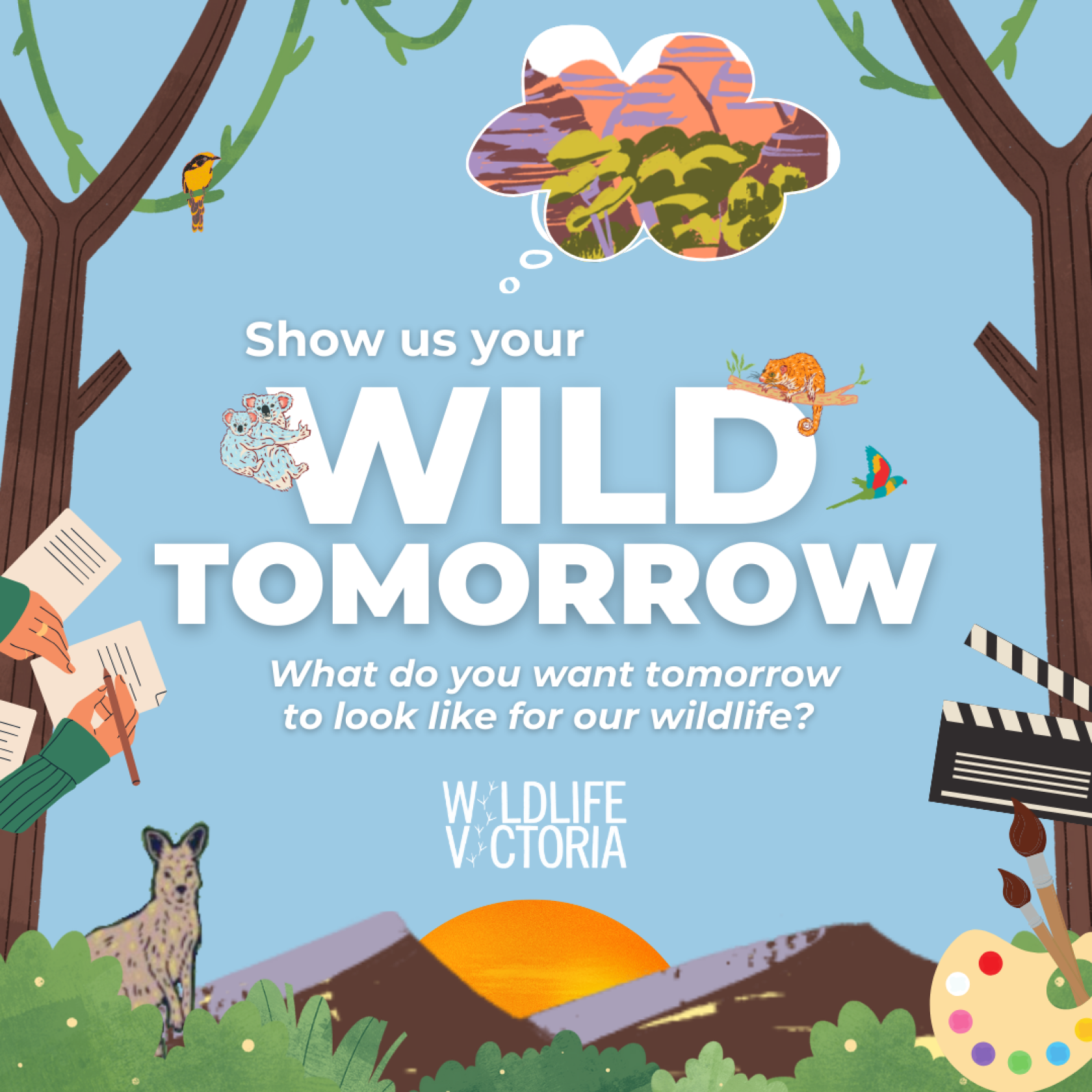
Young wildlife warriors show us their Wild Tomorrow!
July 2nd, 2025
Learn
Advocacy
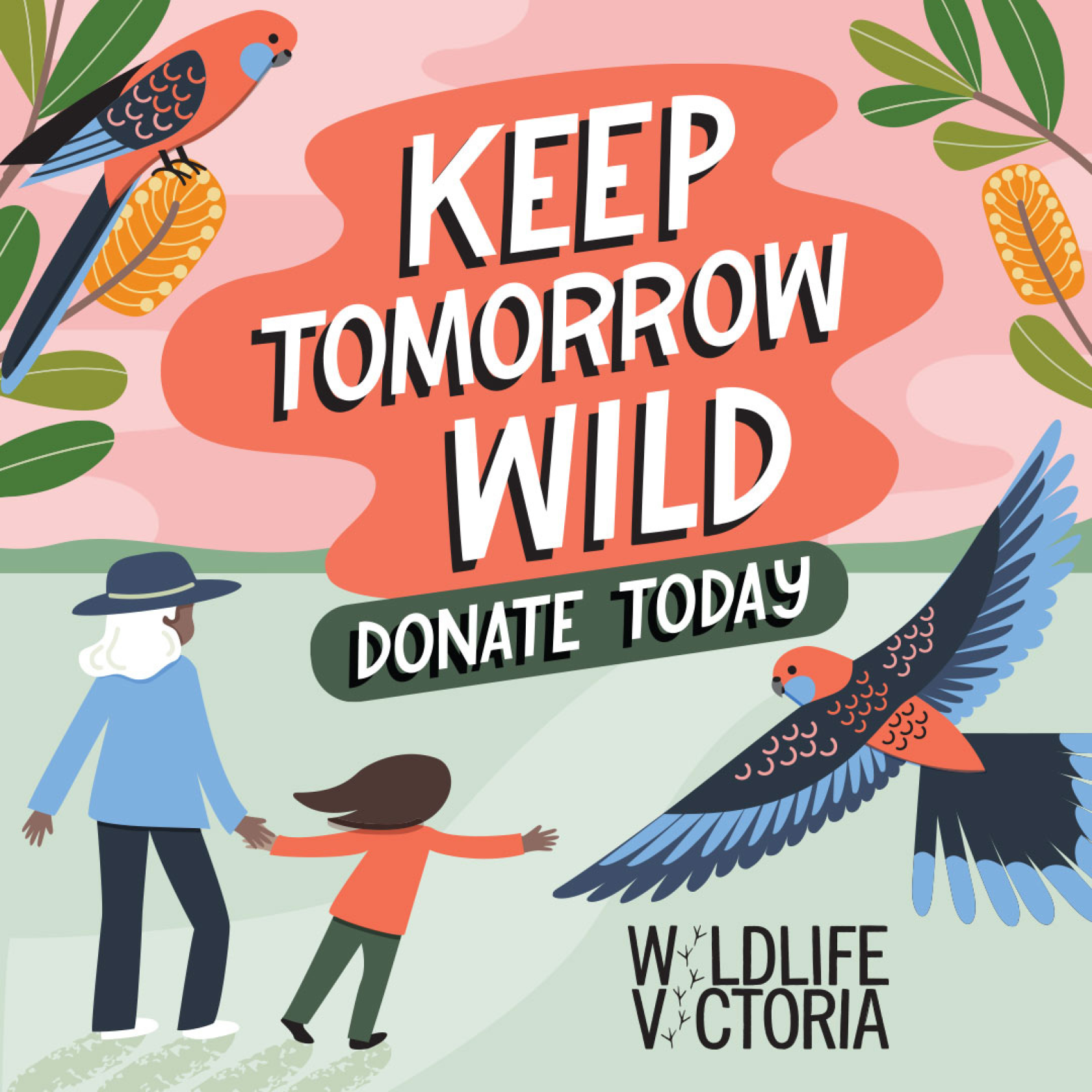
Supporter wall
May 14th, 2025
Update
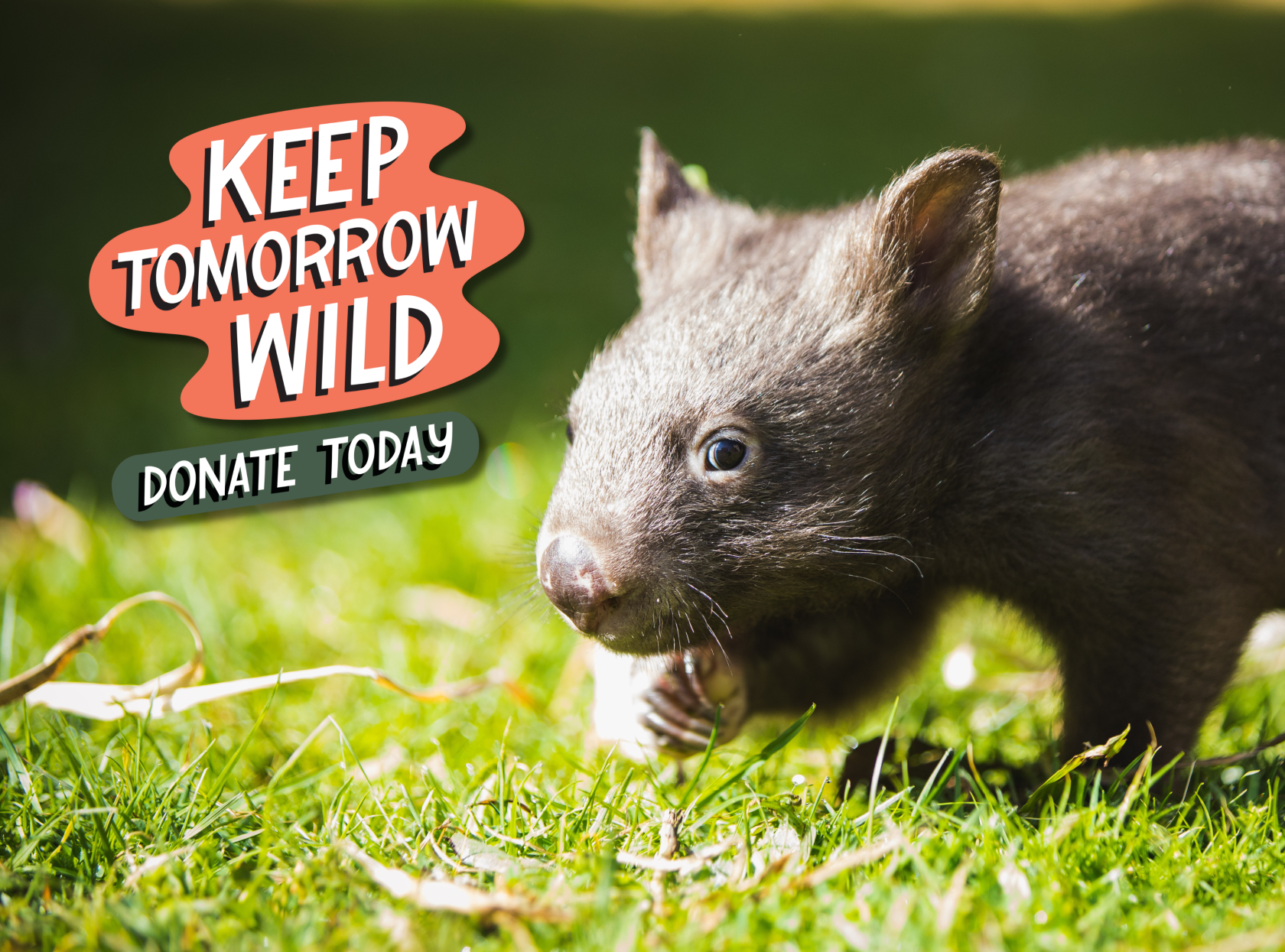
Keep Tomorrow Wild. Donate today.
May 1st, 2025
Update
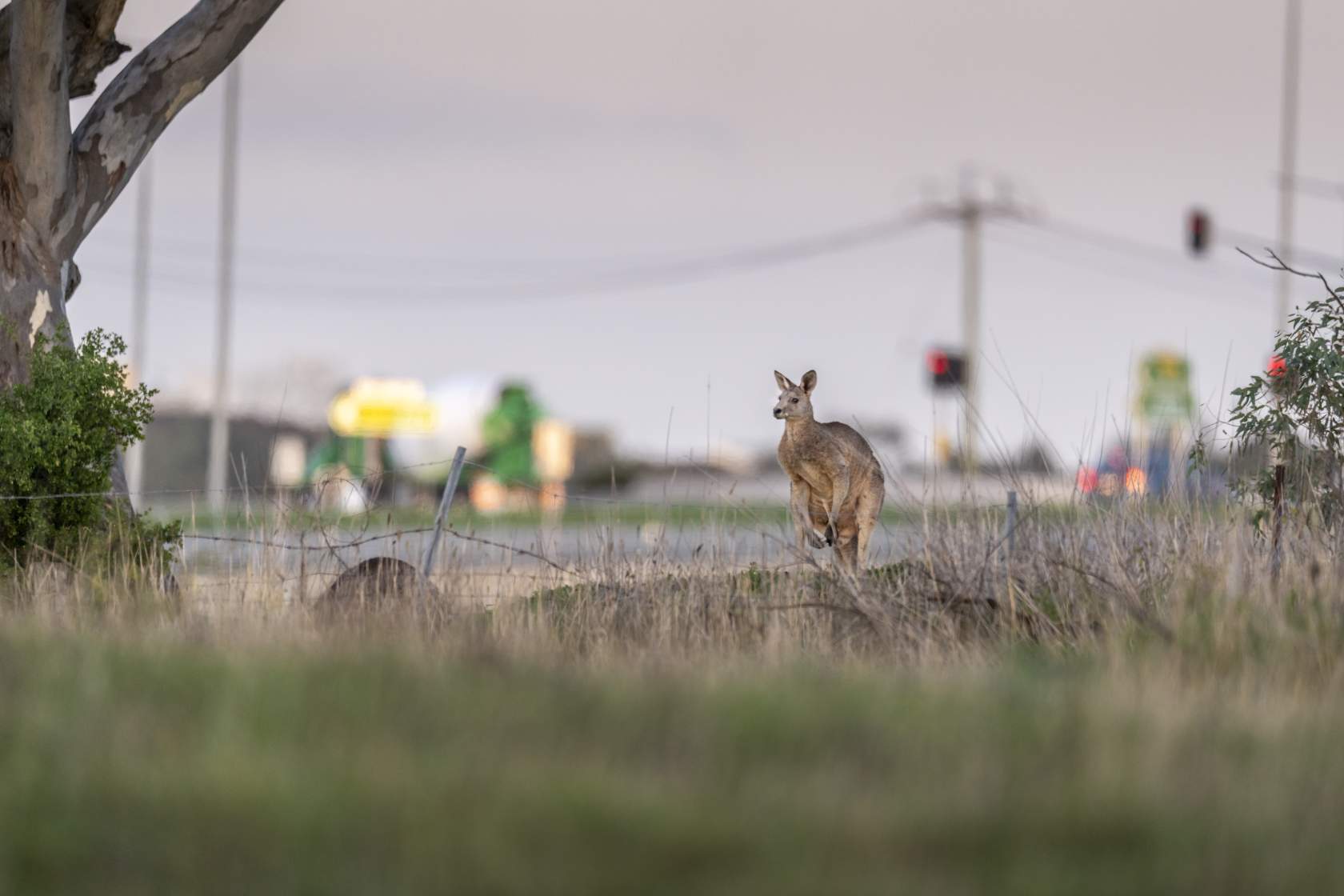
Living with wildlife – why can’t we all just get along?
March 25th, 2025
Wildlife Rescue
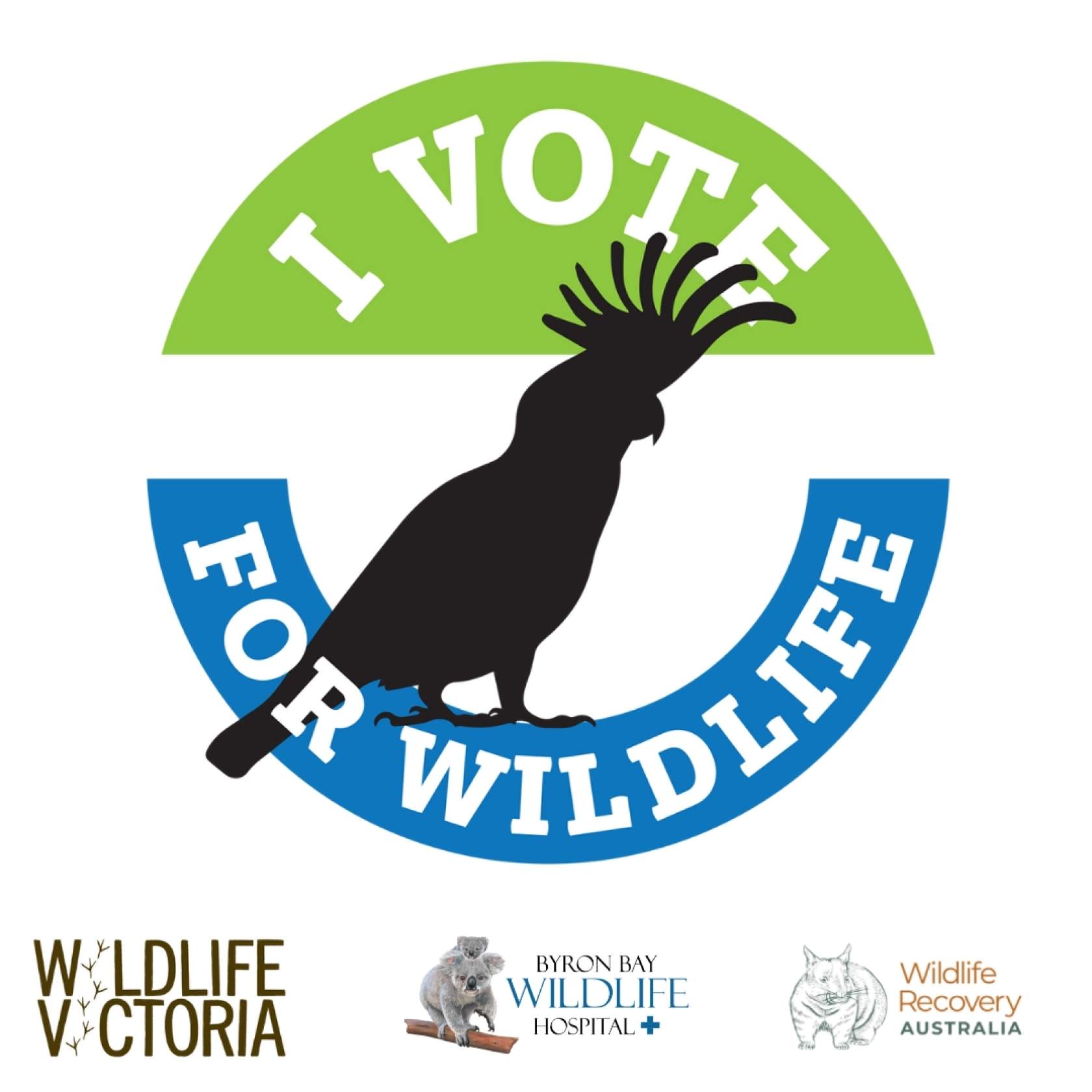
I Vote for Wildlife
March 19th, 2025
Update
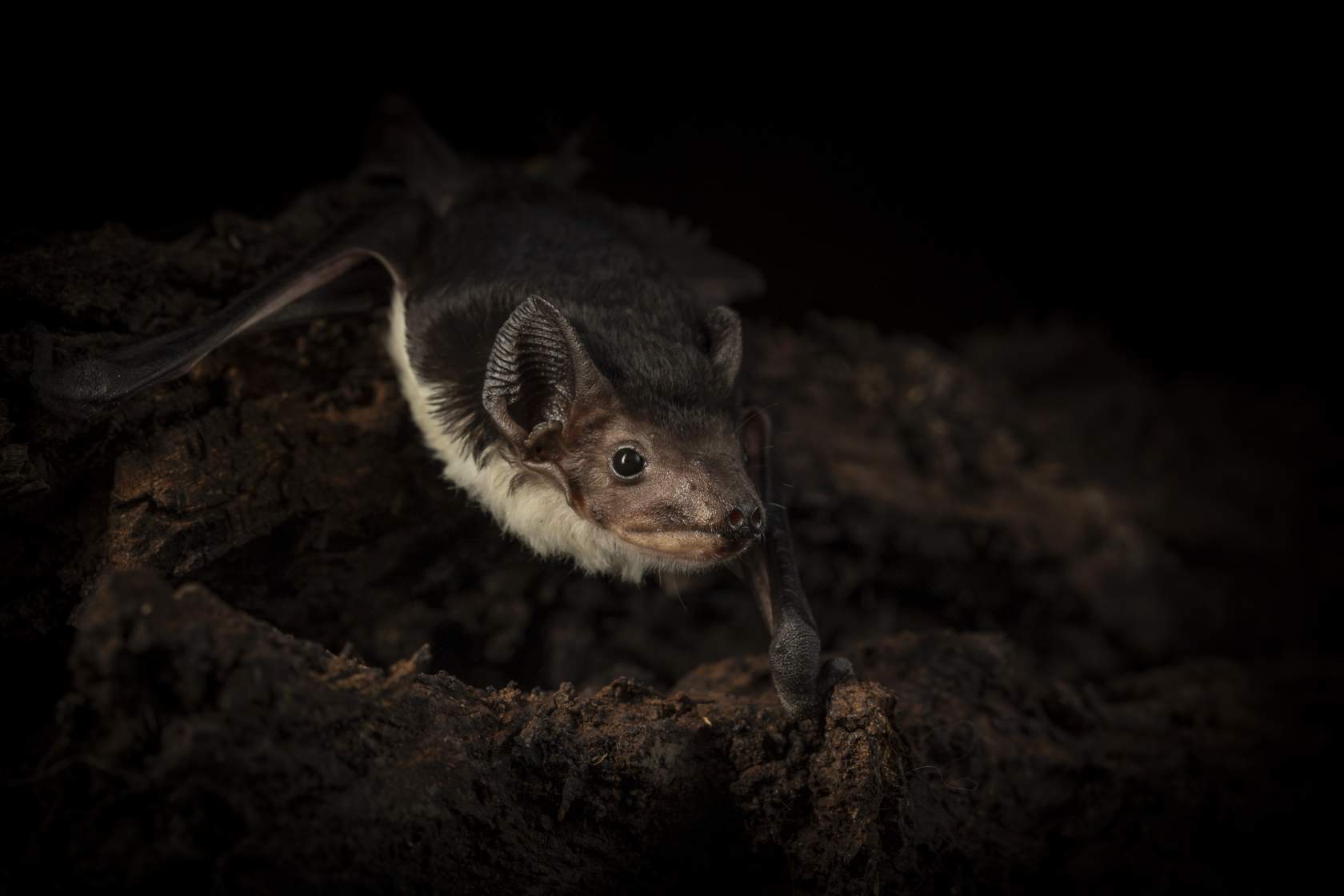
Marvellous microbats
March 24th, 2025
Learn
Recent Statistics
160,063
Calls to our Emergency Response Service
12 months – CY2024
October 2024
Busiest month
Number of calls - 21,644
97,772
native animals assisted
12 months – CY2024
455
species assisted
12 months – CY2024
Top 5 rescue causes
18,733
injured
17,228
hit by vehicle
6,976
orphaned
6,777
abnormal behaviour
3,780
alone

In your area
Explore the map to see the number of reported emergency cases in your Local Government Area. Each number is the average number of reported cases over the last 12 months.
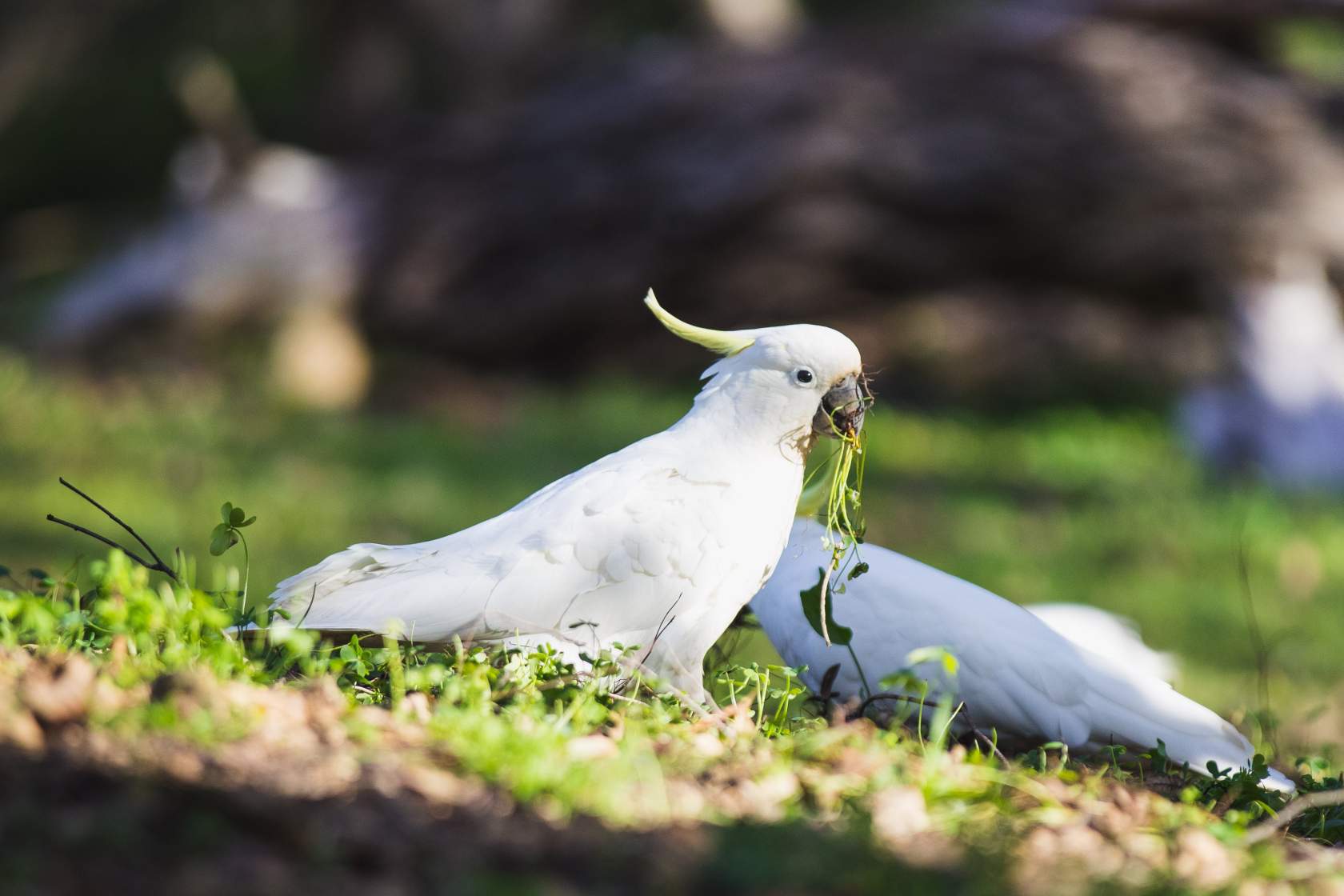
Subscribe to Wildlife Victoria News
Stay up to date with the latest news from Wildlife Victoria
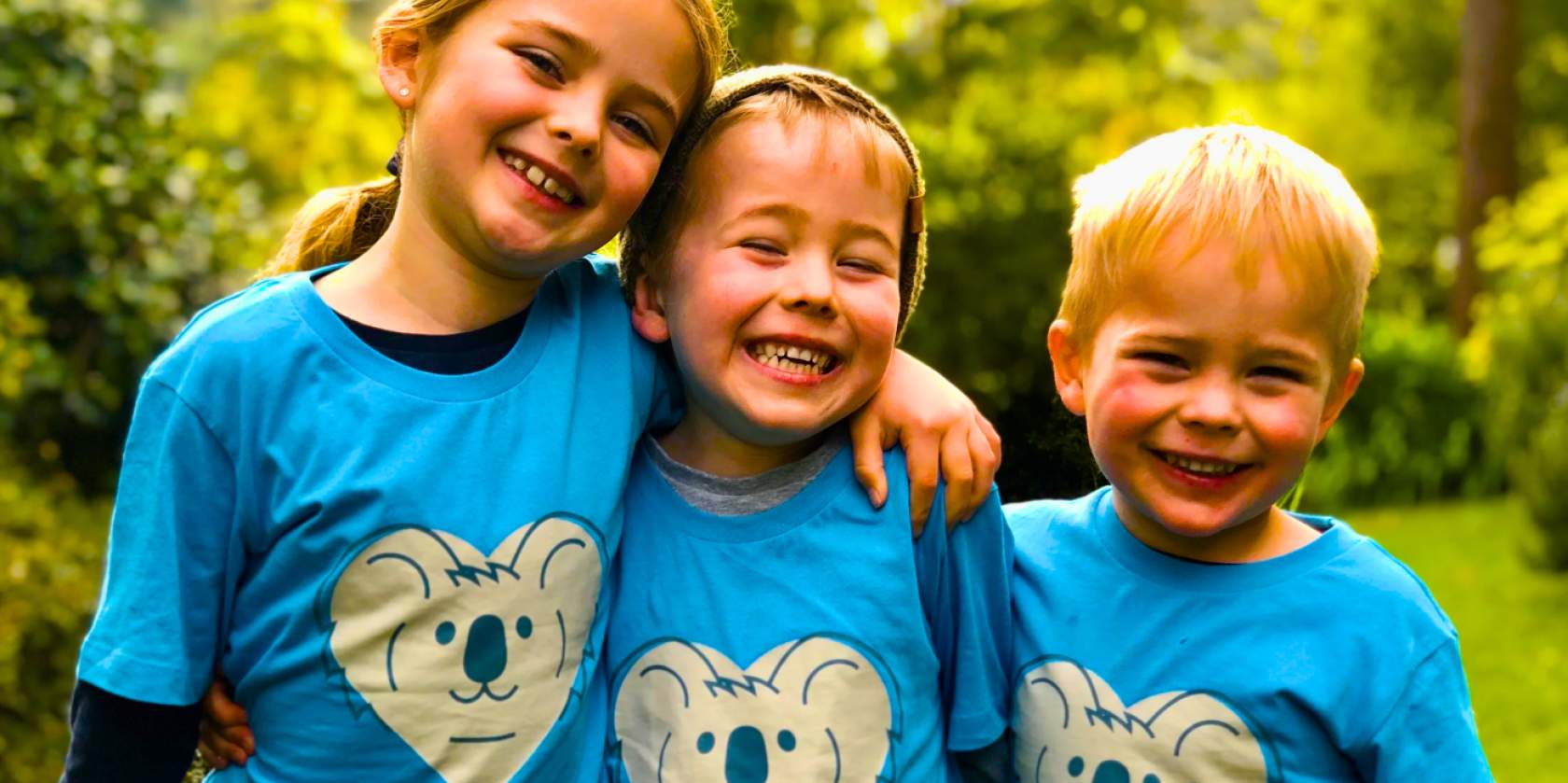
Wildlife Victoria Shop
Treat yourself or find your next gift, with all proceeds going towards helping wildlife in need.
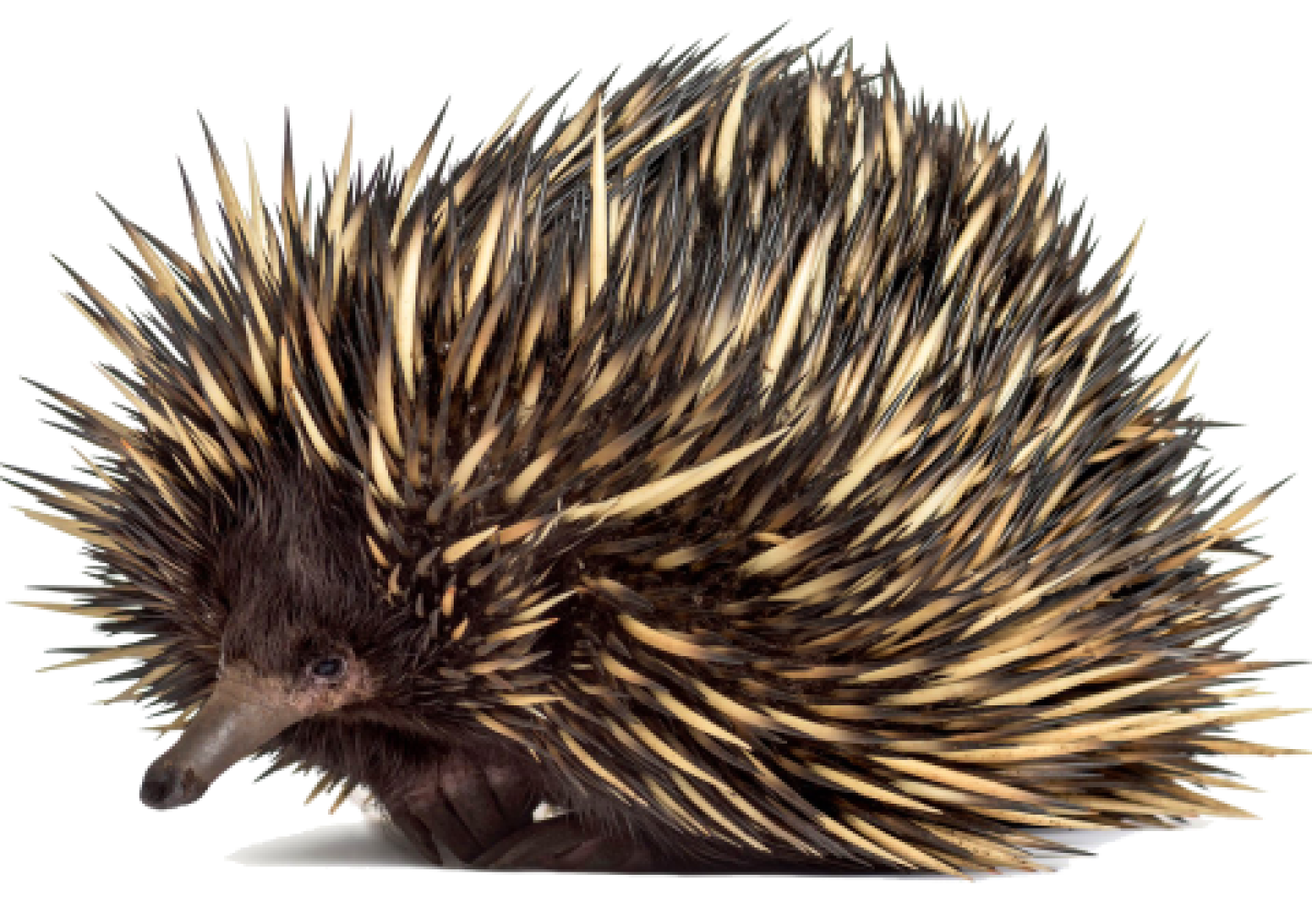
Our Partners
Our partner organisations are those that we collaborate with on an ongoing basis or from time to time to address problems that affect the welfare of wildlife:
Become a Partner.

